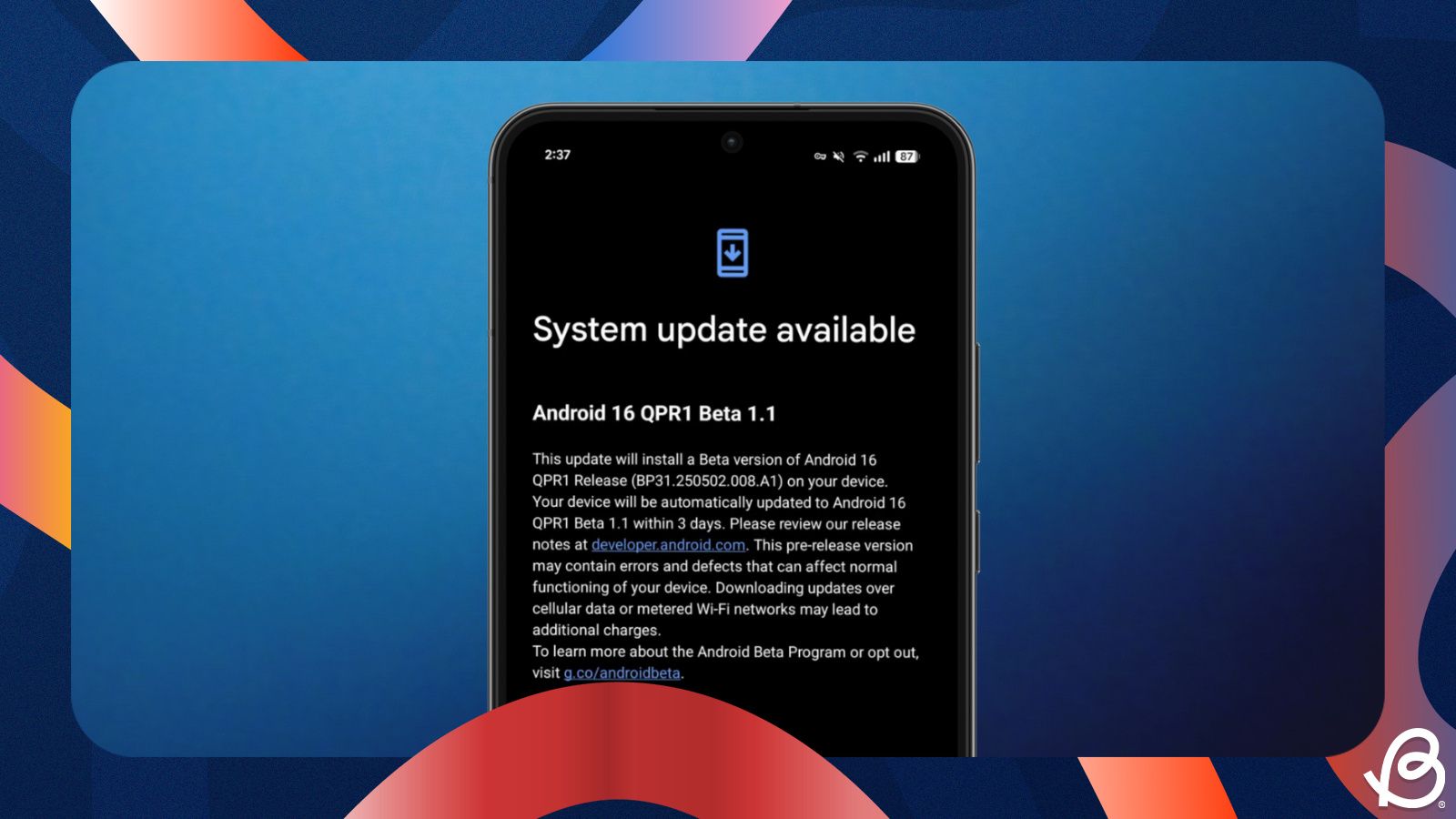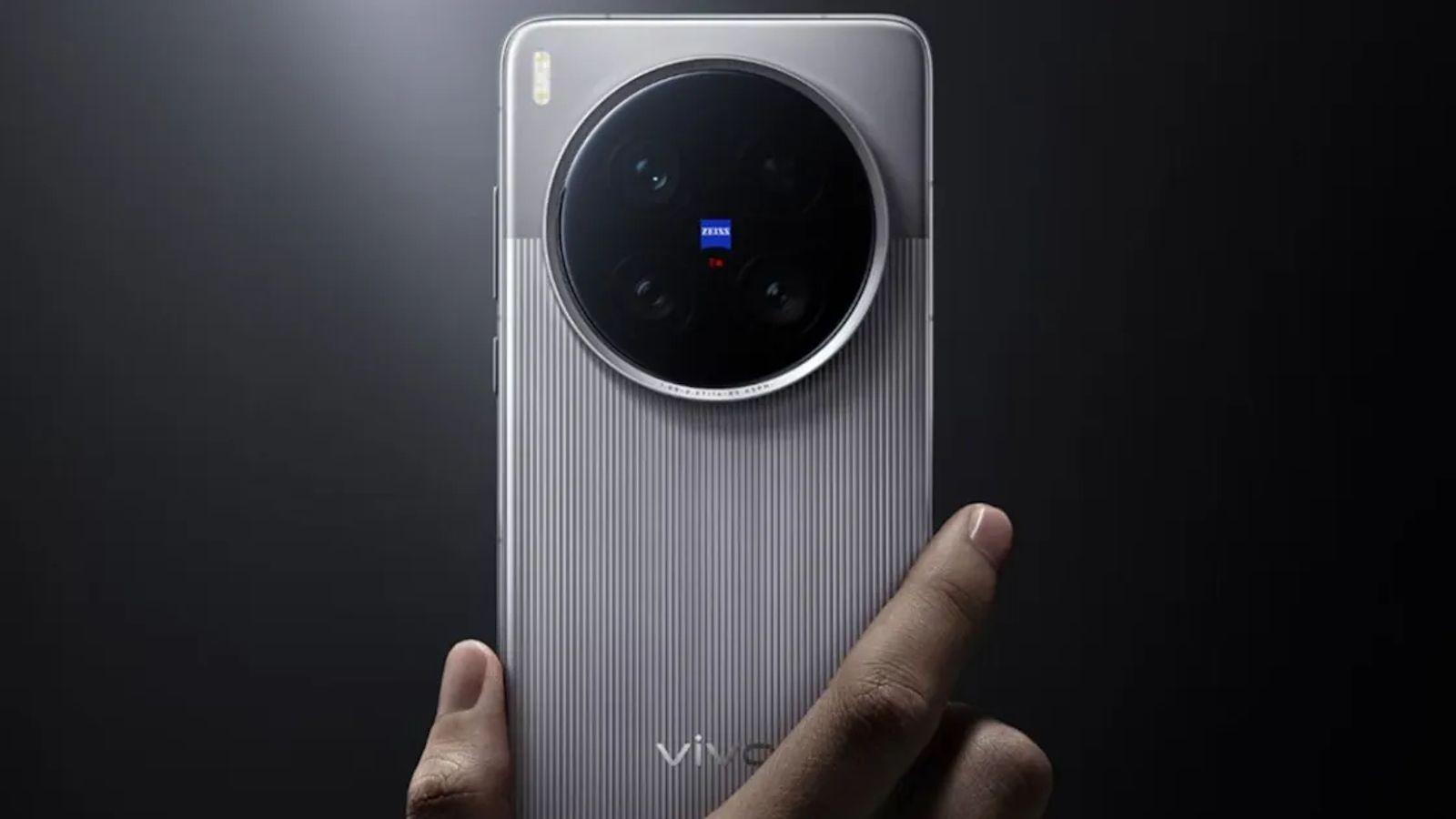For years, one of Android's defining features has been the ability to sideload apps, so users could install apps from sources outside the Google Play Store. However, upcoming changes to Google's developer policies have sparked a heated debate about whether this freedom is coming to an end. So, the question is, is sideloading on Android really going away? Here's everything you need to know.
What is sideloading on Android?
Sideloading is the process of installing apps on your Android device from a source other than the Google Play Store. This allowed users to install apps by simply downloading an APK (Android Package) file from a developer's website or free distribution websites like GitHub. Alternatively, people could also use alternative app stores like F-Droid, or test an app on any phone if they were the developer.

This openness has been a core part of Android's identity, allowing for more user freedom, competition and access to apps that might not be allowed on the Play Store. However, like every aspect of Android, there are both positives and negatives to it.
What is Google's new policy and what does it mean for users?
Starting from March 2026, Google will implement a new developer verification system in place. Developers need to register via the Android Developer Console to verify their identity, to have their apps installable on an Android device, even via sideloading.
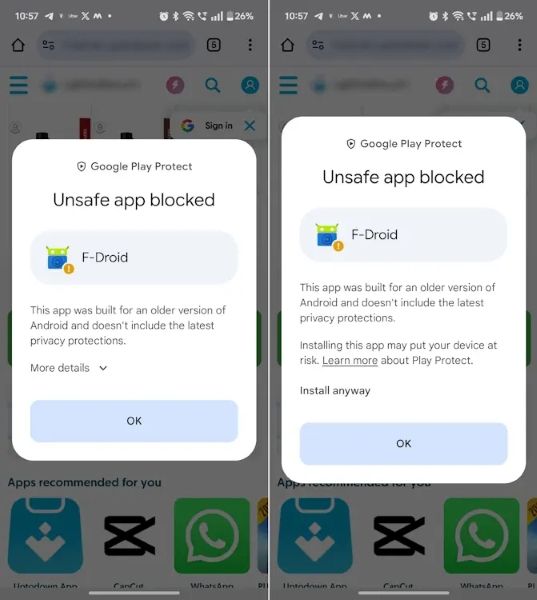
While the verification initially required all developers to pay a $25 fee to distribute their apps, Google has recently introduced a free option for students, hobbyists and personal use. It has fewer verification requirements but comes at a cost of a capped number of apps and installs.
As for the end users, after March 2026, when you download an APK, your phone will check if the APK comes from a verified developer. If it does, the app will be installed. If the developer is not verified, Android will block the installation, and there will be no way to get around it, except by using the Android Debugging Bridge.
Because this received a lot of backlash from Android enthusiasts, Google is working on Advanced Flow, a new way that will let users sideload apps at their own risk. However, the method isn't devoid of verification checks and will still check if certain aspects of the APK meet the minimum requirements.
The security rationale: Why is Google restricting sideloading?
It all boils down to security. In recent years, as Android's popularity has risen to the roof, there has been a significant increase in financial fraud and phishing scams targeting Android users.
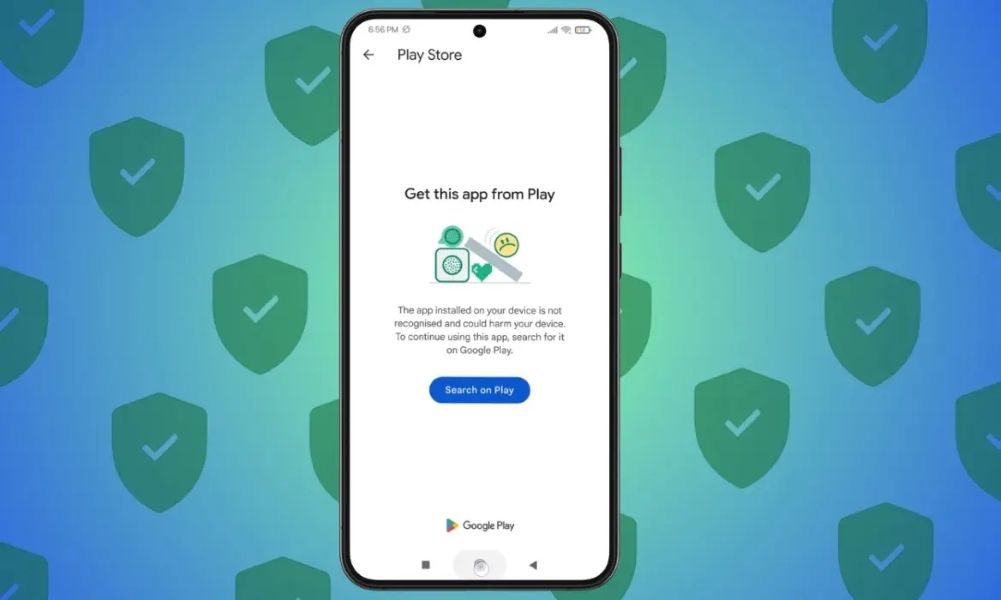
Bad actors trick users into installing malicious apps from outside the Play Store via the process of sideloading, pretending to be a bank or government agency. These apps can steal passwords, personal data or one-time passwords, letting bad actors gain access to your financial information.
While Google rolled out Advanced Protection Mode in Android 16 to help users get around this issue, not all users know or would use the feature. Therefore, Google has put forth a new verification system that the brand aims to make it harder for scammers to distribute malicious apps.
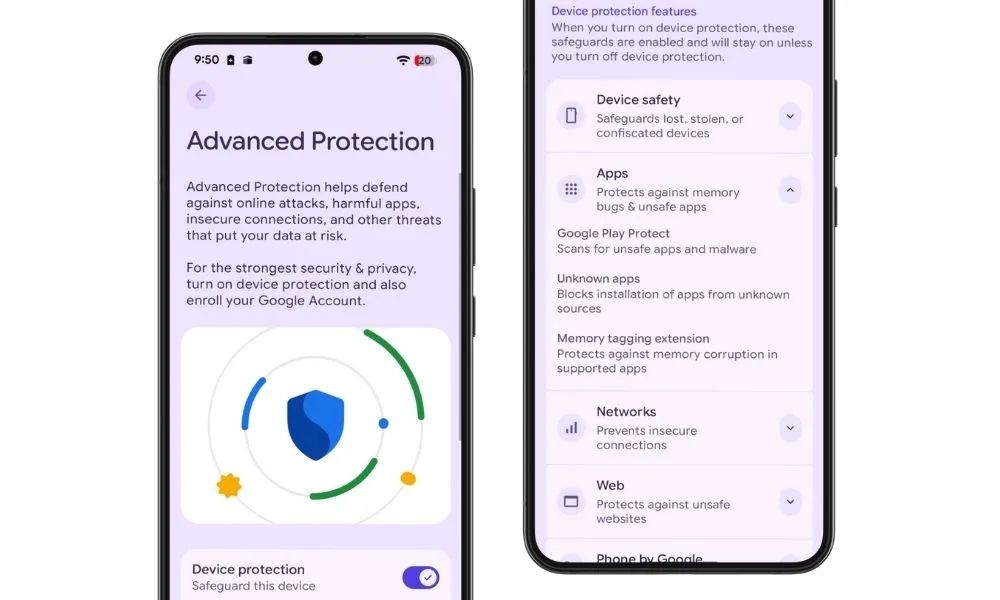
The goal is to ensure that even apps installed via sideloading come from a verified developer, making it difficult for bad actors to remain anonymous.
Is sideloading really going away?
Not exactly, but it's changing fundamentally in a way that it can no longer be referred to as "Sideloading". The core mechanism of sideloading, which is tapping an Install button on an APK file, will still exist. However, the philosophy that you can install anything via sideloading and unrestricted freedom is ending.
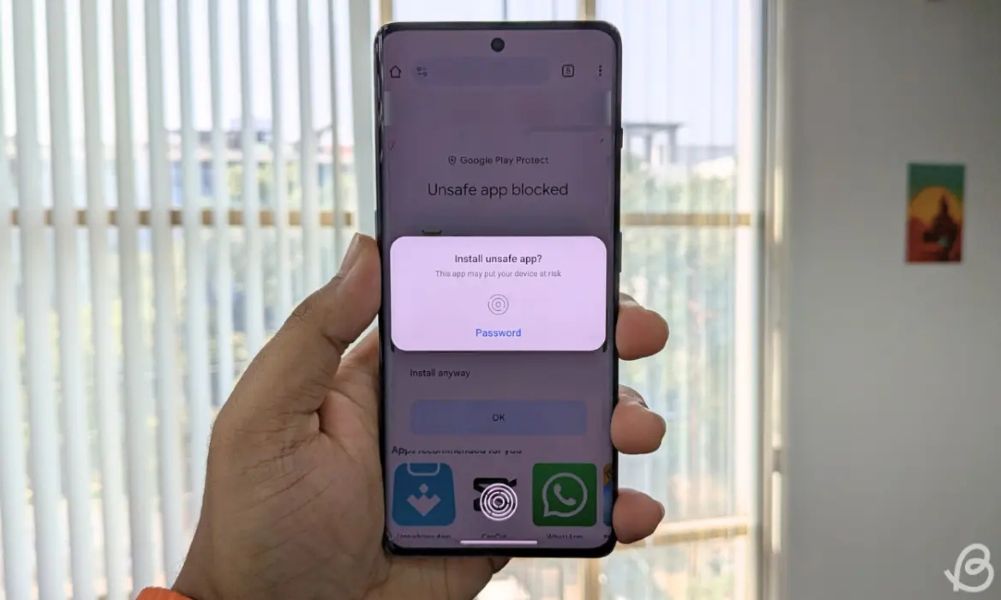
The new policy means that you will only be able to install apps from developers who have registered with Google. This establishes Google as the central guardian of a process that was previously open. This isn't the only aspect of freedom Google is restricting this year, as the company has also taken away a few things.
- Gemini will be disabled for unlocked bootloaders, meaning phones with custom OS' will lose access to Google's on-device AI model
- Google will not publish Android 16 device trees for Pixel phones, making it harder for custom ROM developers to test apps.
- Stricter enforcement of the Play Integrity API, blocking banking apps from running on custom ROMs like GrapheneOS.
Will this be the end of Android's open spirit?
While Google's reasoning isn't something we can ignore, recently alternate app store, F-Droid called Google out for making invalid counter-arguments. The platform argues that with this move, Google essentially plans on taking control over the ecosystem.

The platform further states that the move gives Google "unprecedented control" over the entire Android app ecosystem, extending beyond the Play Store, and impacting independent developers and alternative app stores.
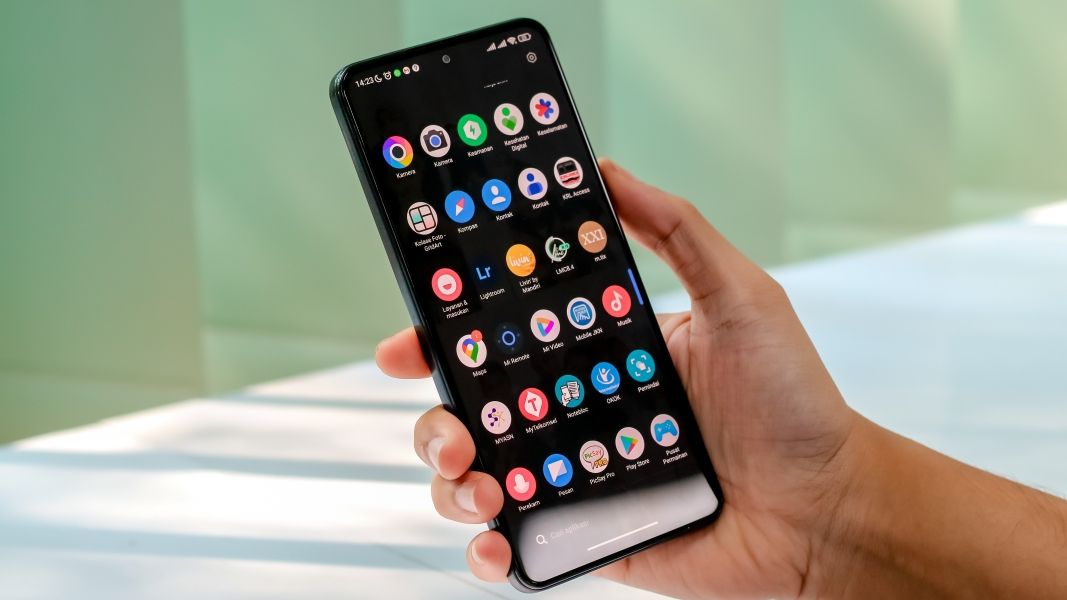
Besides, the $25 (approximately Rs 2,000) fee may not sound much, but it definitely creates a financial barrier where independent developers in regions with economic disadvantages may get demotivated before even starting their development journey.
It's unlikely that Google will consider rolling these changes back, considering the framework is already set in place. Google wants users to see this change as an unimpactful one for Android, but it fundamentally challenges everything Android has strived to be for the past two decades.
The very mechanism of sideloading might survive, but the spirit of unrestricted software freedom is nearing its end. If only there were a way to challenge the reason why Google wants to bring these plans to fruition in the first place.


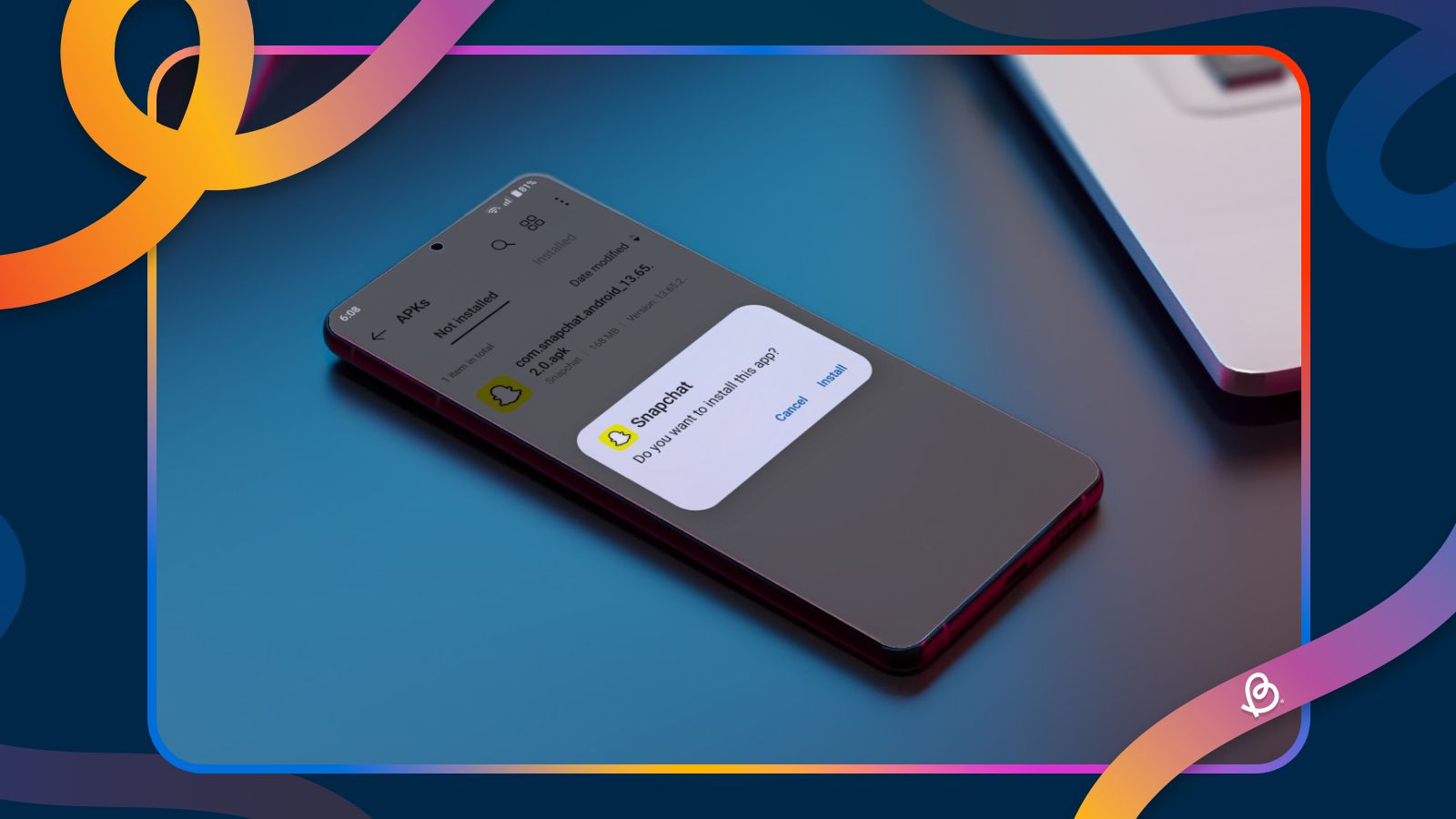
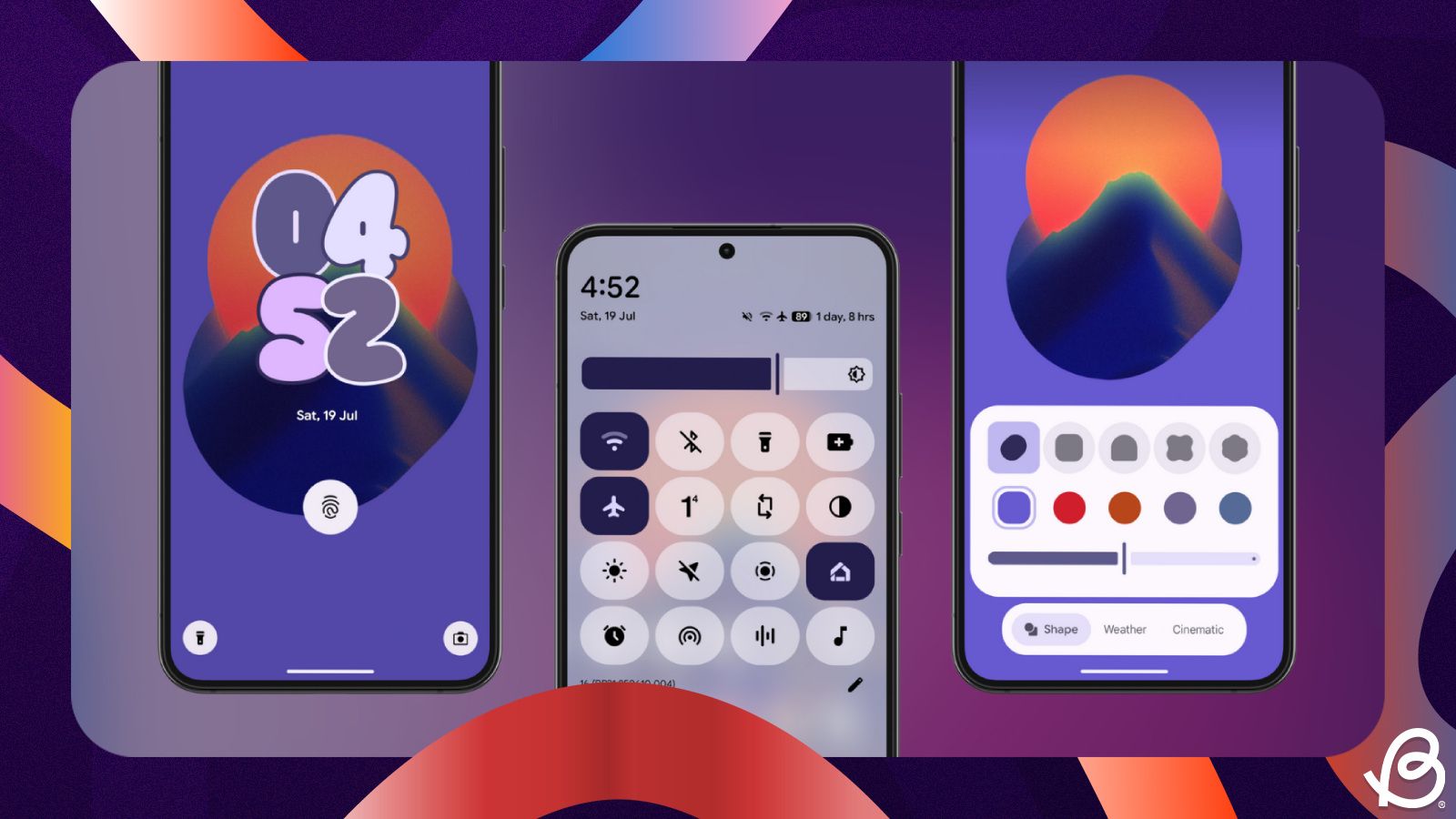
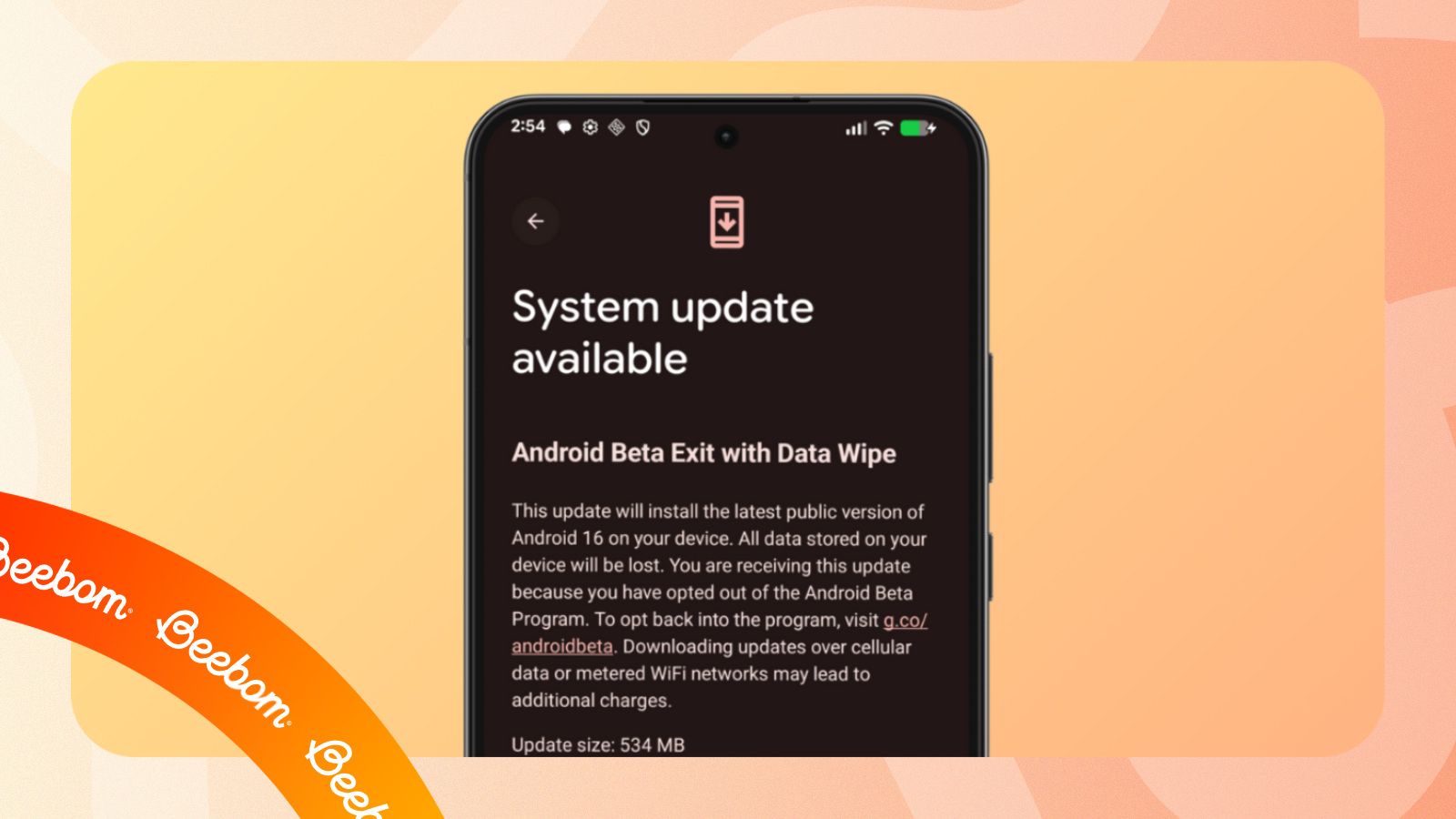

.jpg)
